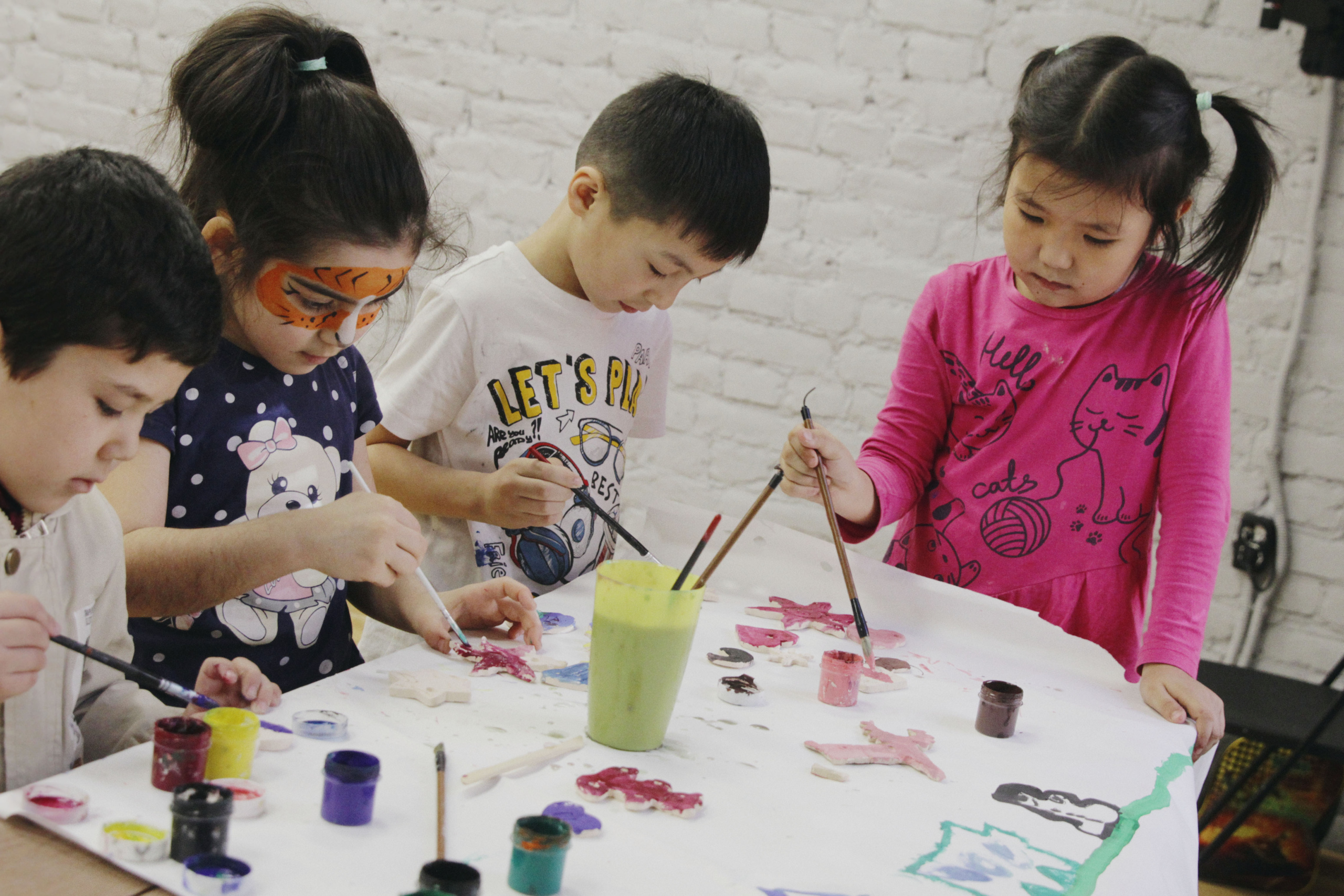Centralasiengrupperna actively works within the thematic fields of gender, democratic youth organizing, climate, conflict transformation and provides capacity-building activities for partner organizations from Central Asia as well as partners from Russia that closely work with Central Asia.
Russia remains the main destination for immigrants from all over the former Soviet Union, especially for people from Central Asia who migrate to Russia every year in search of work. 145,000 people from Central Asian became full-fledged citizens of the Russian Federation in 2020. The research of the Higher School of Economics shows that there are more than 60 000 of immigrant children in Moscow only. In almost every school class, representatives of other nationalities make up from 10% to 16%. Most of the schoolchildren are from Azerbaijan, Armenia and Georgia (22.6%), followed by the children of internal immigrants from Dagestan (11%), and finally, school children, who come from Central Asia (8.5%).
Children have to adjust their lives to new geographical and social contexts, face new schooling environments, improve their academic language skills, confront the stress of migration. There is no state program for the adaptation of migrant children in Russia, even if these children often need help learning the language, getting to school, or preparing for exams. Many children from Central Asia grow up not seeing their parents, or left behind when both parents are busy working and therefore forced to spend less time at home with their children.
One of our partner organisations, “Children of St. Petersburg” (CSP) works with socio-cultural adaptation of migrant children and youth since 2012. The organization provides free educational programs for migrant children and youth – courses of Russian language and pre-school help and extra-curricular activities. CSP also helps migrants to protect their rights when interacting with government agencies by for example guiding families in the process of enrolling to schools and providing legal consultations for families. In addition, the organization communicates with parents who are reluctant to take their children to schools; arranges free psychological help for families; organizes workshops and trainings that promotes education for girls. Most of the students that are engaged in CSP activities come from Central Asia – Tajikistan, Uzbekistan and Kyrgyzstan, but there are also children from Armenia, Azerbaijan, Afghanistan, Ukraine, Moldova, Cameroon etc. Most of the classes and activities are held by volunteers; they are free and open to children of any nationality.
Centralasiengrupperna (CAG) and CSP have collaborated closely for the past four years. The collaboration consisted of capacity-building activities, exchanges, long-term residencies, study visits, promotion of the right to education for children, youth and families with migration background, gender equaility, anti-discrimination, and human rights. The outcome from one of the activities was the creation of a coloring book that features the story of Guzal, a young girl who migrated with her family from Central Asia to Russia.
This year the CSP team started an information project «dõst» that aims to discuss stereotypes around migration and facilitate meaningful conversation about the experience of migrants. To do so, dõst publishes videos where people with migrant background speak up and raise issues related to racism and discrimination.
For more information about CSP, please follow the links below:
Facebook page: https://www.facebook.com/childrenofstpetersburg
Instagram: https://www.instagram.com/deti_peterburga/
Website: https://detipeterburga.ru/en/main-eng/
Written by
Gyunay Mamedova
Maria Koltsova

